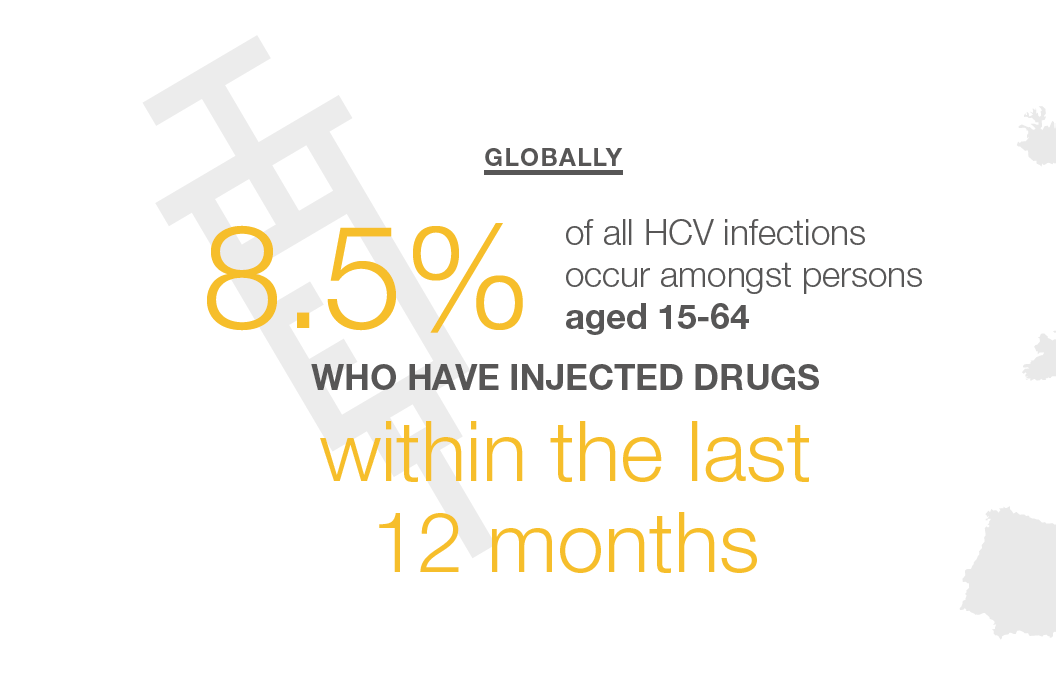EASL policy statement on drug use and the global hepatitis C elimination goal


At Digital ILC 2020, EASL is launching a policy paper with its accompanying lay summary about drug use and the global hepatitis C elimination goal.
WHO has set a goal of eliminating the hepatitis C virus (HCV) by 2030 but the achievement of this goal is challenged by people who inject drugs (PWID), who account for most of the new cases of HCV infection in high-income countries.
In order to achieve the 2030 WHO viral hepatitis elimination goals, EASL recommends that all barriers to the uptake of the continuum of care by PWID need to be removed by changing policies and discrimination that hinder access, including the criminalisation of minor, non-violent drug offences. and to adopt an approach based on public health promotion, respect for human rights and evidence.
“The national hepatitis C care for people who inject drugs varies substantially and is often below WHO elimination targets, with less than 1% of them living in countries with high provision of hepatitis C testing and treatment. The major barrier to appropriate access to hepatitis C care is political resistance to harm reduction services, as well as laws and policies which criminalise drug use, drug possession, and drug users themselves. To reach the desired WHO goal, combining decriminalisation of personal drug consumption and integrated interventions that include hepatitis C testing and treatment should be implemented,”
said co-author Prof. Mojca Matičič, Clinic for Infectious Diseases and Febrile Illnesses, University Medical Centre and Faculty of Medicine, University of Ljubljana, Slovenia.
“EASL recommends that all barriers to the uptake of the continuum of care by people who inject drugs need to be removed by changing policies and discrimination that hinder access, including the criminalisation of minor, non-violent drug offences and to adopt an approach based on public health promotion, respect for human rights and evidence.”
Download the lay summary of the policy paper
Download the full policy paper

